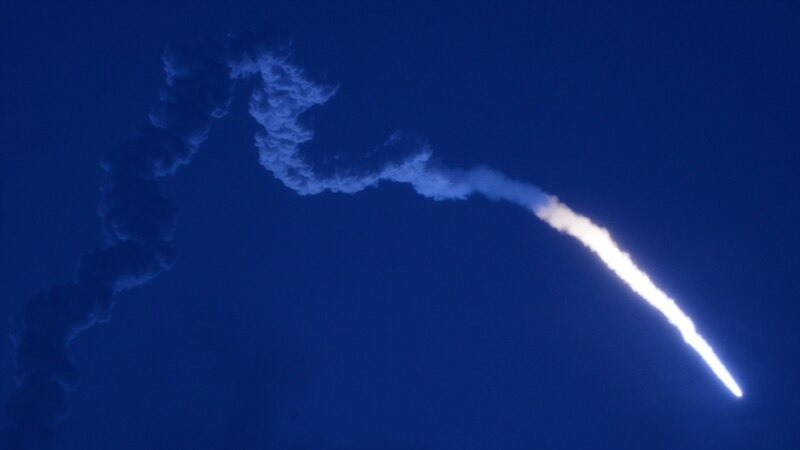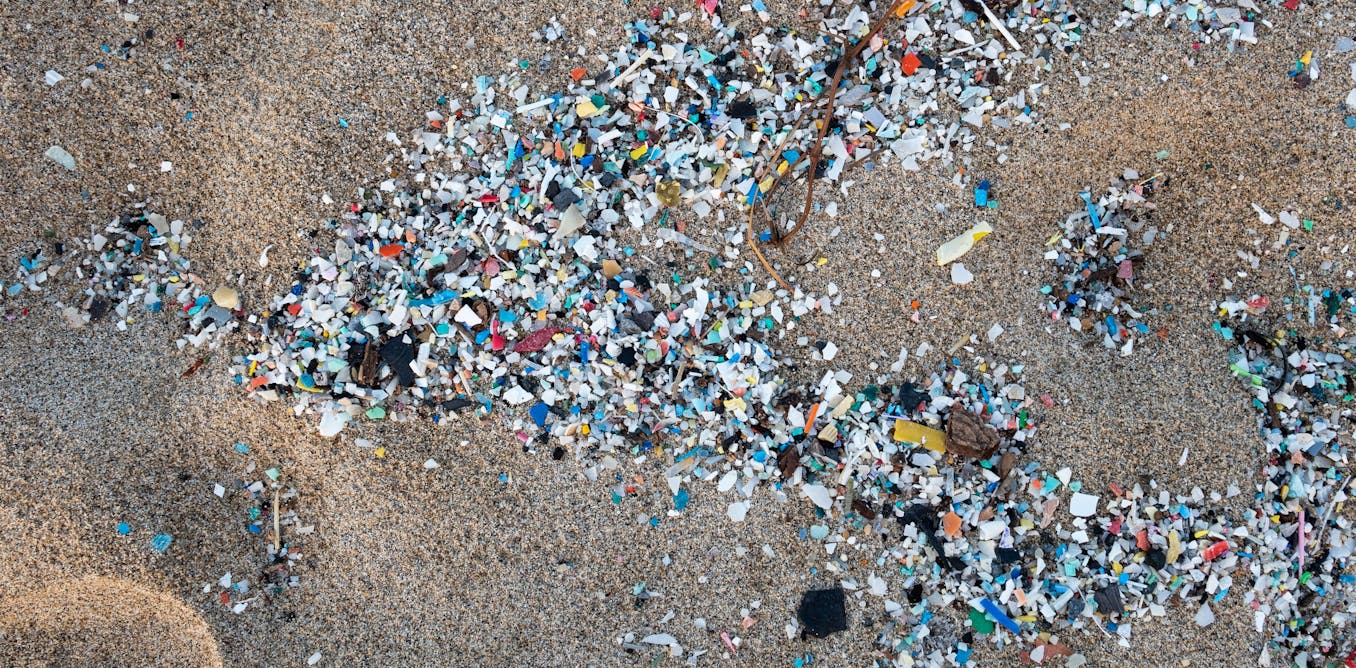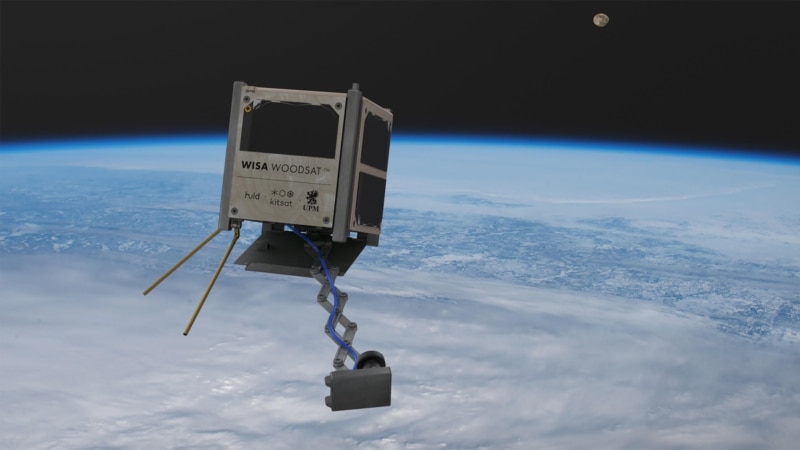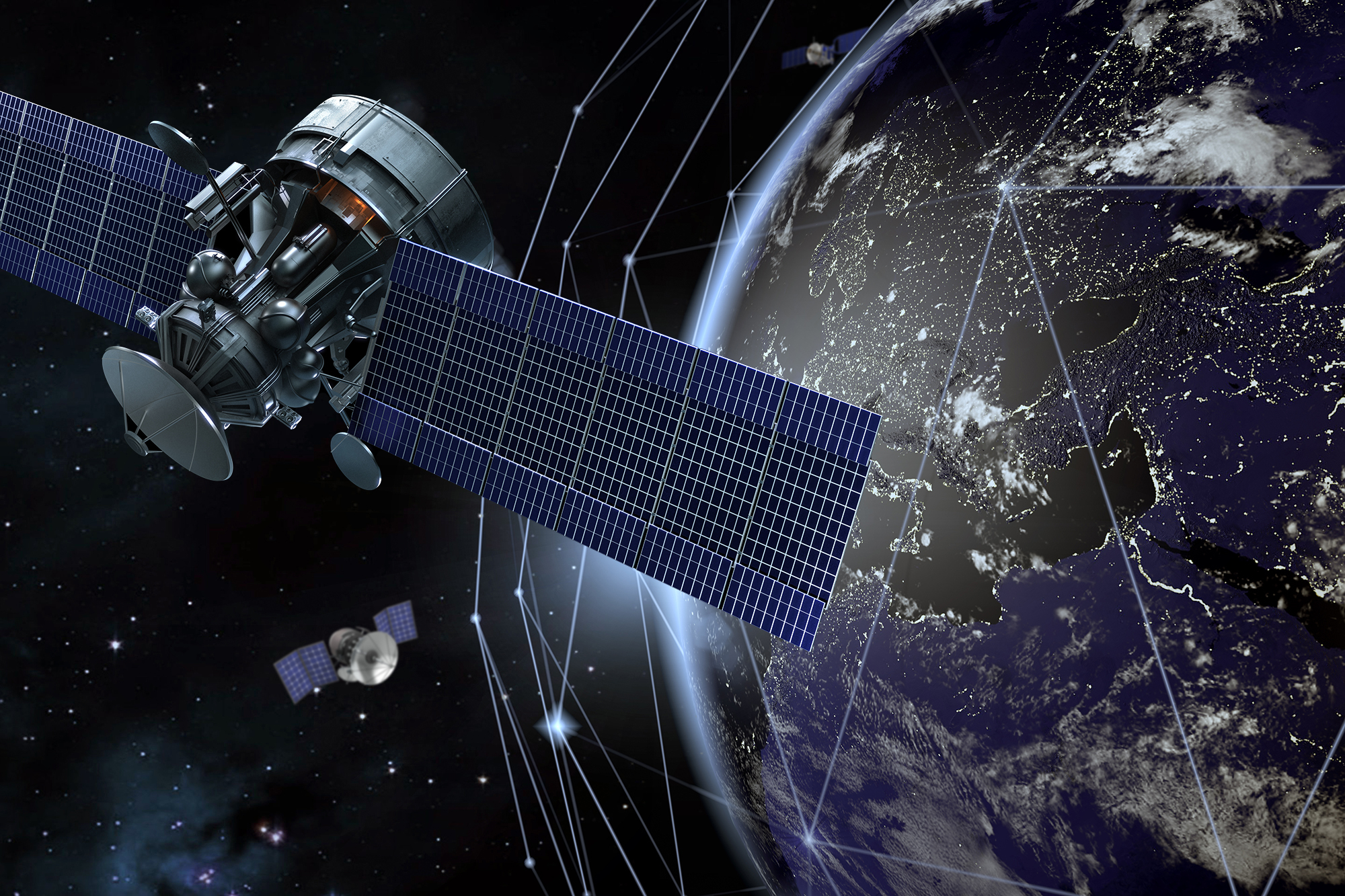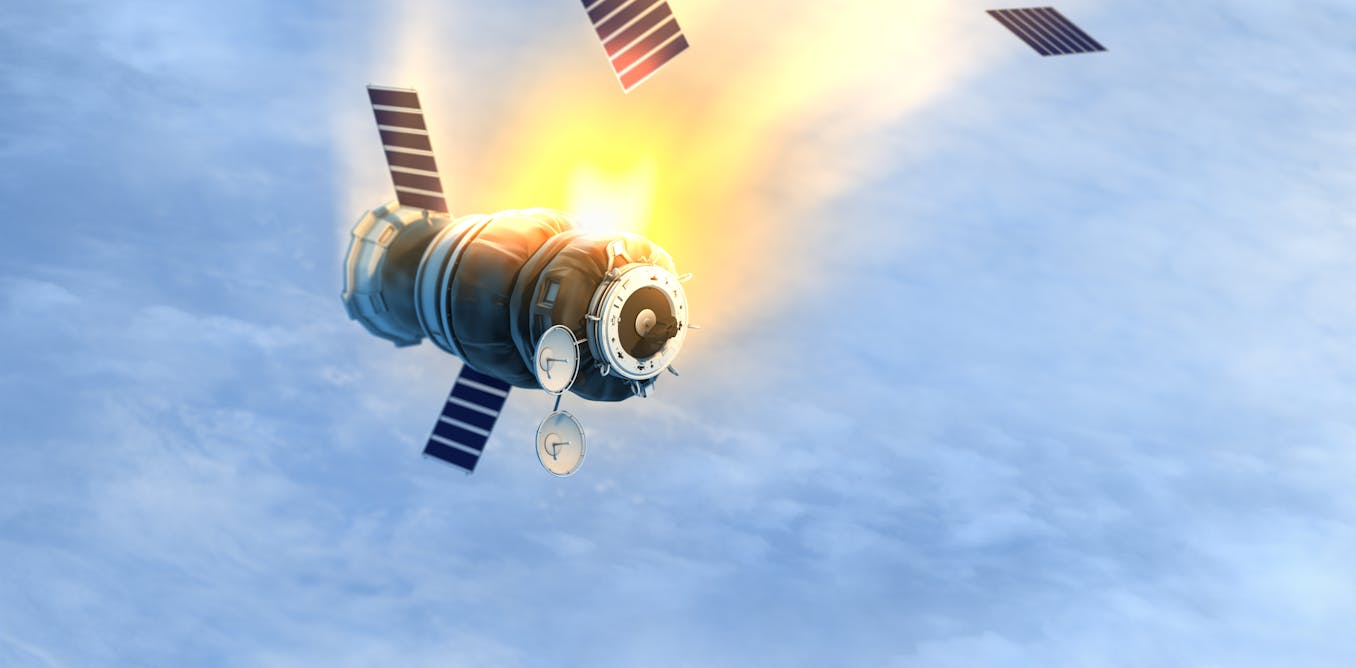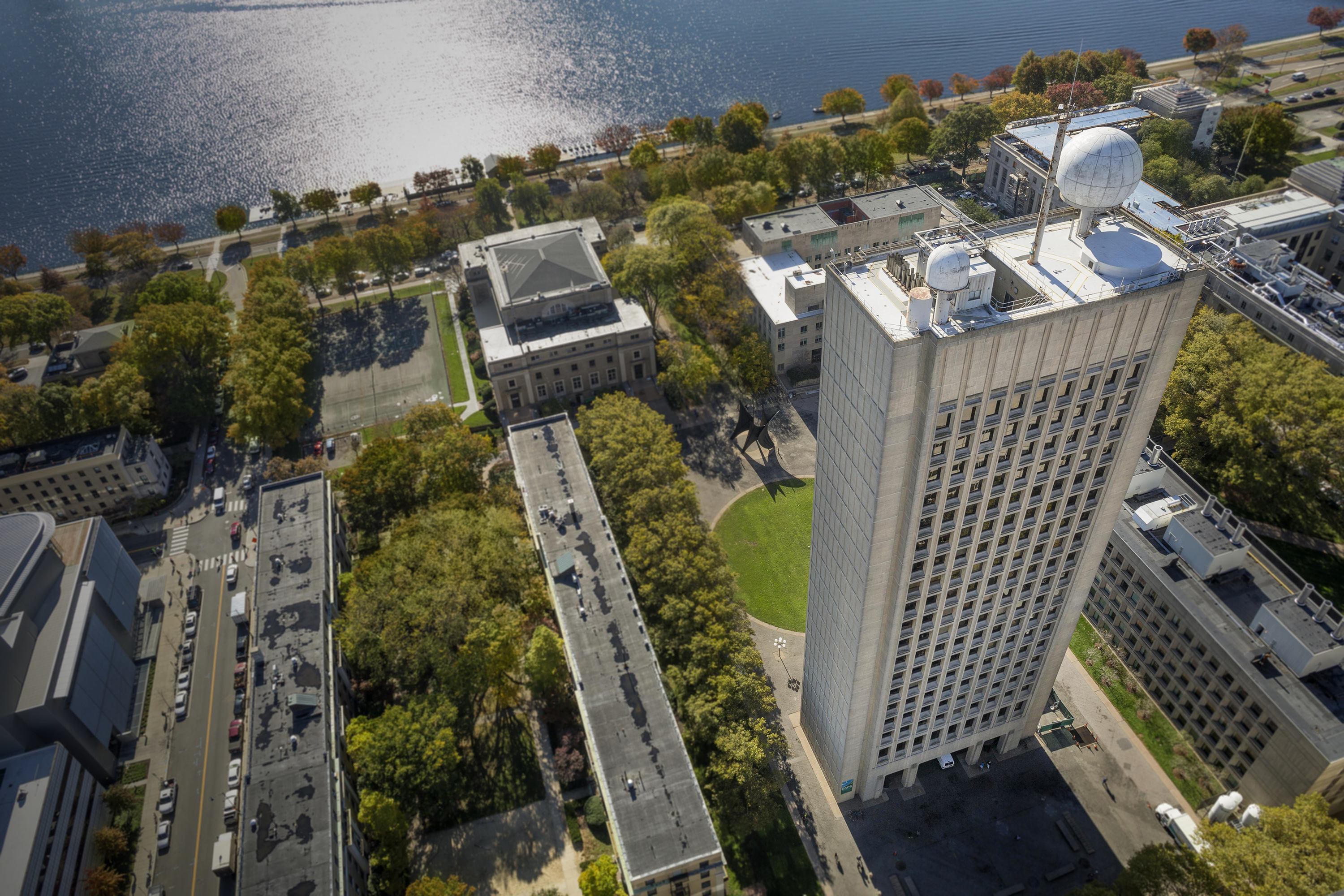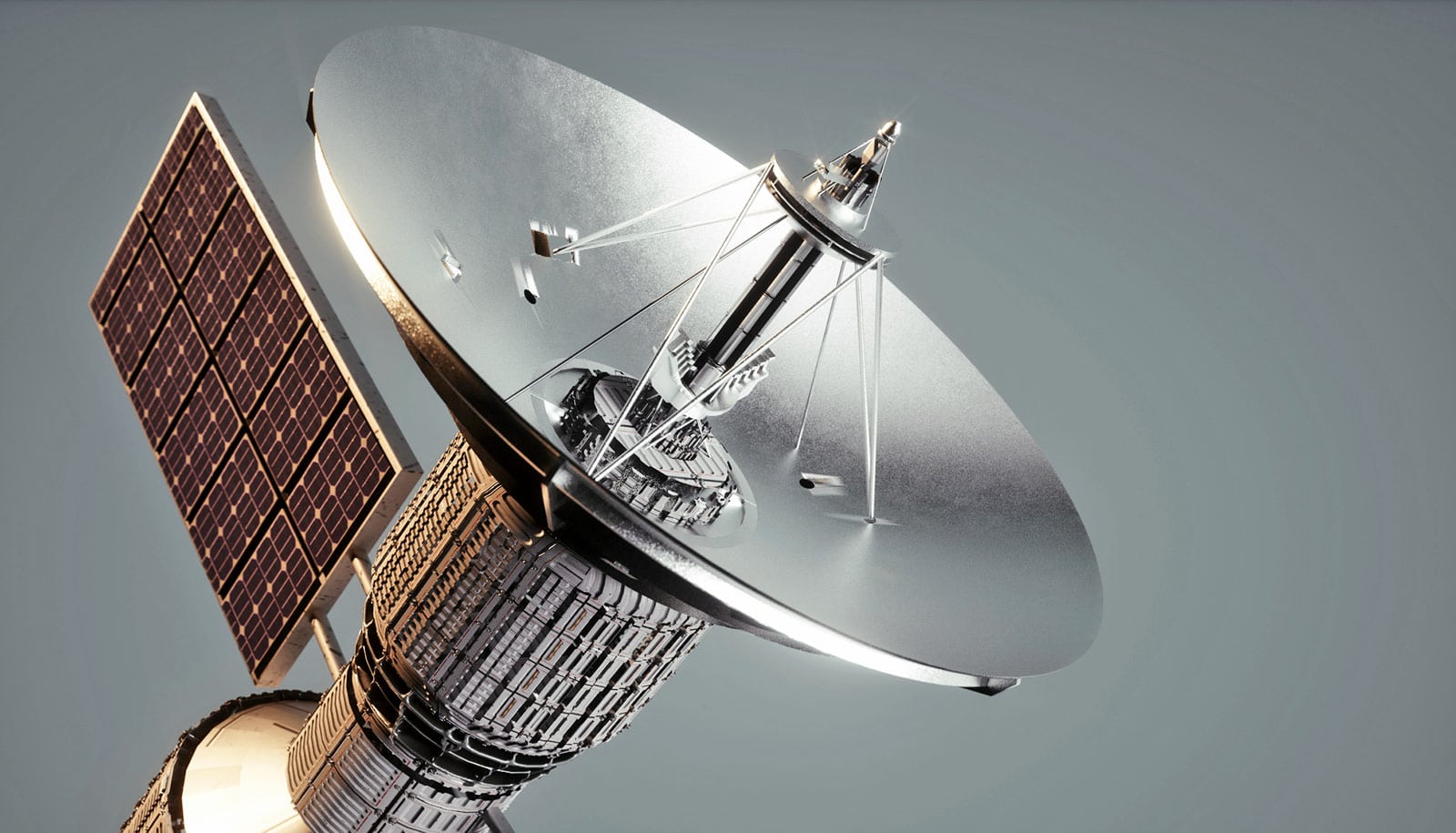Scientists are using new satellite tech to find glow-in-the-dark milky seas of maritime lore
When conditions are just right in some parts of the Indian Ocean, a type of bacteria will multiply and start to glow. Satellites are helping scientists study these milky seas for the first time.
Steven D. Miller, Professor of Atmospheric Science, Colorado State University •
conversation
Aug. 26, 2021 • ~9 min
Aug. 26, 2021 • ~9 min
Sunny with a chance of sneezing – I'm building a tool to forecast pollen levels that will help allergy sufferers know when it's safe to go outside
Scientists are building a pollen forecasting model using meteorology, botany, pollen count numbers and satellite imagery to help people plan ahead.
Fiona Lo, Postdoctoral Researcher in Environmental and Occupational Health Sciences, University of Washington
• conversation
Aug. 3, 2021 • ~7 min
Aug. 3, 2021 • ~7 min
The ocean is full of tiny plastic particles – we found a way to track them with satellites
New research suggests that an effective way to locate and track large concentrations of microplastics in the ocean could be from high in the sky.
Christopher Ruf, Professor of Climate and Space Sciences and Engineering, University of Michigan •
conversation
July 9, 2021 • ~8 min
July 9, 2021 • ~8 min
If a satellite falls on your house, space law protects you – but there are no legal penalties for leaving junk in orbit
Chances are small that space junk will destroy property or harm a person, and existing space law could deal with such an event. But current law doesn't address the bigger problem of space pollution.
Timiebi Aganaba, Assistant Professor of Space and Society, Arizona State University •
conversation
May 17, 2021 • ~9 min
May 17, 2021 • ~9 min
/
22

